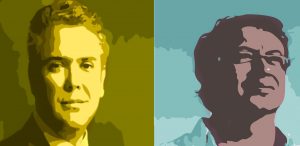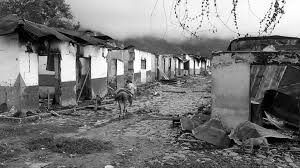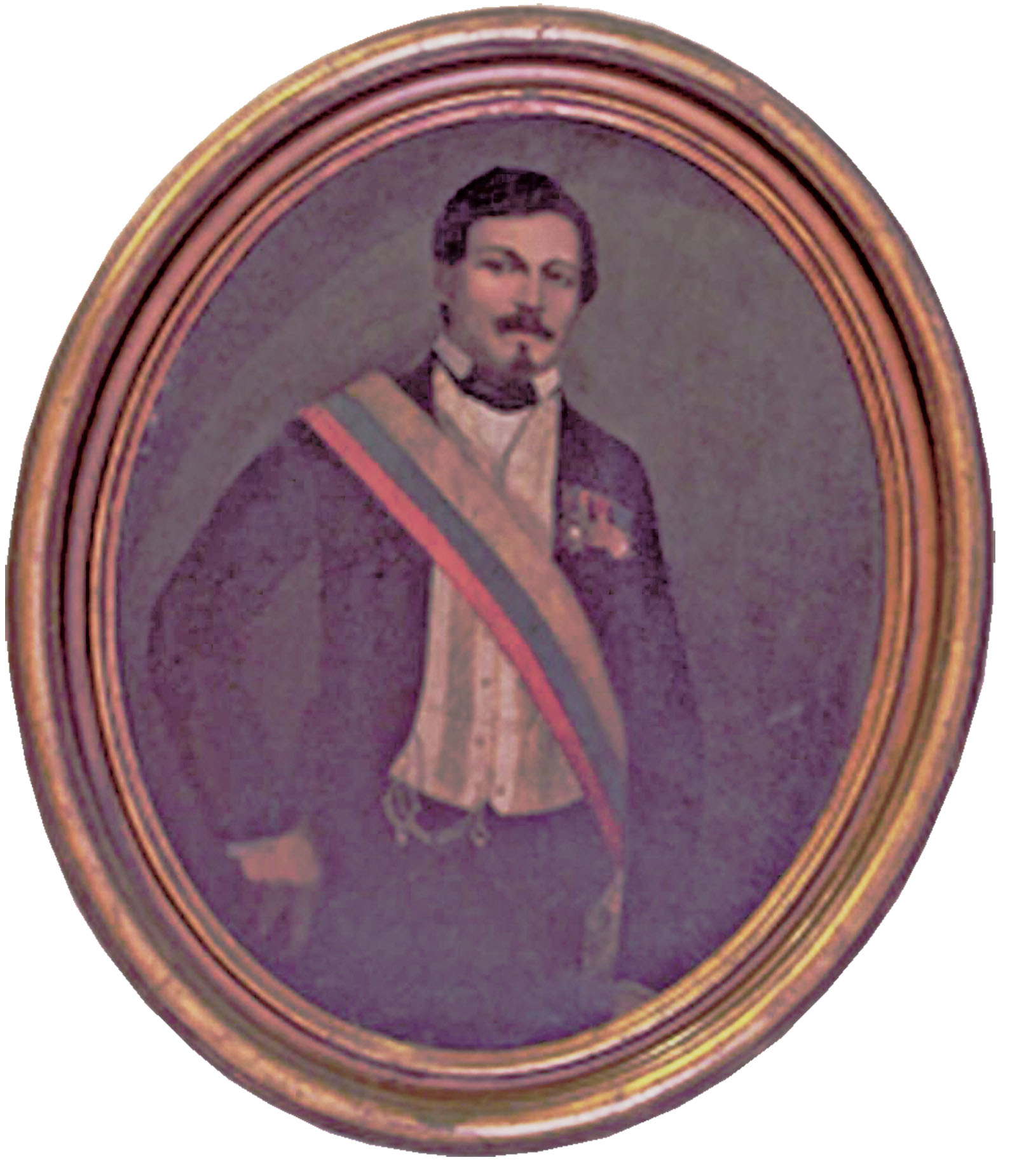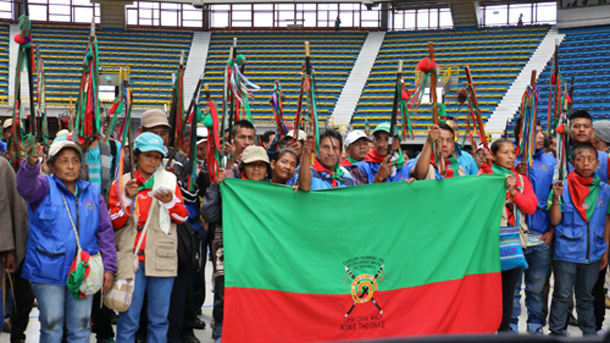
After everything that had been said about the accuracy of polls, the first round of the election went off just as the polls had suggested with Iván Duque coming out on top and his rival Gustavo Petro coming in with enough votes to advance to the second round on June 17.
When 99% of the vote had been reported, Iván Duque won 39.13% of the vote and Petro won 25.9% of the vote. Less than 300,000 votes separated Petro and former mathematician Sergio Fajardo who received 23.74% of the vote. Both Germán Vargas Lleras and Humberto De la Calle were as competitive as polls suggested but neither of them came close to the top three with around 7% and 2% respectively .
Having won a large swathe of the country’s heartland from Cesar and Magdalena to Amazonas, Ivan Duque said at his acceptance speech that he wanted the next campaign to be a debate with clarity that avoided the rhetoric of class warfare. “The future is for everyone,” he proclaimed to loud cheers.
At his enormous celebration rally in Gustavo Petro said that “Colombia is diverse and diversity is our greatest wealth.” He was able to win crucial districts on the coasts like Sucre, Cauca, Atlántico and his home department of Cordoba.
Fajardo was only able to win Bogotá though it wasn’t enough to capture the same vote of confidence that Petro and Duque were able to. He said that the coalition will continue to take their movement to “every territory in the country…Because in Colombia we can do it!”
Prior to the election, many were concerned about possible vote-buying, voter intimidation and electoral fraud but the conclusion did not appear to have been influenced by any of these. The Fiscalia dubbed the election “the most peaceful in decades” and announced no terrorist attacks had happened in any of the regions of the country.
The turnout had also been much improved on the 13 million that voted in the first round of the presidential elections in 2014. In 2018 nearly 20 million voted, outdoing expectations. 340,000 people voted in blanco and 240,000 were disqualified for not being legitimately cast. This year 53% of eligible voters had their say and 17 million people did not vote at all. 2018 may have been an indication, with a fragile peace, environmental tragedies across the country, rampant corruption and a humanitarian crisis on in Venezuela, just how much was at stake in this fledgling republic.
Now the country awaits for the second round with two candidates offering two very different paths. On the one hand, Iván Duque, the political prodigy and protégé of former President of Álvaro Uribe and, on the other hand, the leftist policies of former Mayor of Bogotá Gustavo Petro. Colombia now faces a stark choice between the two.





